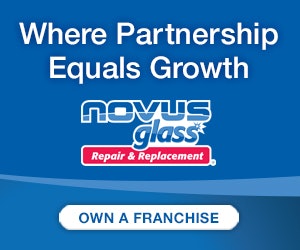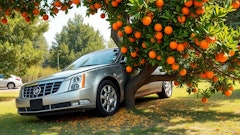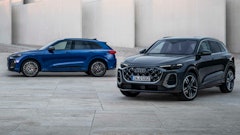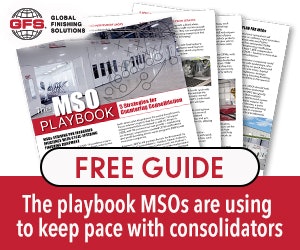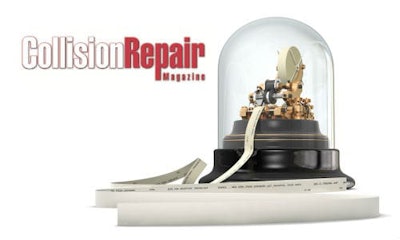
Toronto, Ontario — June 4, 2019 — In this week’s Tuesday Ticker: what the Boyd Group’s recent south-of-the-border acquisitions mean for the Loonie, Fiat Chrysler courts a French OEM, and possible reasons for Honda Canada investment in Ontario education.
Boyd Group Bellweather
While the Canadian dollar, which is currently hovering around 0.74 USD, may be looking sicky, on business appears to expect its value to sink even further. Despite the Canadian dollar’s low value, the Winnipeg-based Boyd Group is still investing south-of-the-border.
In mid-May, the company finalized the purchase of four new auto repair facilities in the U.S., with three of the locations in Nevada and a fourth in Arizona.
While a number of market analysts said that the Canadian business looked well-placed to benefit from a weakening Canadian dollar, as their U.S. investments would yield considerably higher rates-of-return, a higher U.S. dollar also makes pursuing new acquisitions in the United States more expensive as well.
The Loonie’s value next to its American counterpart has dropped by about six percent in the past year. The Canadian dollar has lost twenty cents in value against the U.S. dollar in the past five years. The last time the two currencies were evenly valued was in 2013.
Fiat Chrysler’s French Connection
In late May, Fiat Chrysler proposed a merger deal to the French OEM Renault.
Under the terms of the deal, the combined OEM would be worth $50 billion, making it the third largest automaker in the world after Volkswagen and Toyota. The company would also produce close to nine million vehicles per year.
The proposal would also enable the unified company to share research and technology data. With significant start-up costs associated with running research and development laboratories, this united front could significantly curb the cost of research into electric and autonomous vehicles.
Investors were intrigued by the proposal, sending Renault’s share price up by 15 percent. The French OEM’s board met to consider the deal, which it has said will be considered with interest. A statement from the board later said the proposal could “improve Renault’s industrial footprint and be a generator of additional value for the Alliance [with Nissan and Mitsubishi].”
The world’s ninth largest OEM, Renault focuses on delivering mid-priced family cars. Like most French OEMs, Renault does not sell its vehicles in North America. Outside of Germany and Sweden, European automakers had long struggled to enter the North American market. After significant challenges in the 1960s, British Jaguar-Range Rover and Italian Fiat have entered the New World, only ever achieving moderate success.
Honda’s Educational Investment
Honda Canada has provided Georgian College with $1.8 million in funding, to be distributed over the course of five years. The funding will take the form of equipment donations, research and development projects, and scholarships. A significant amount, close to $200,000, will also be earmarked for student recruitment.
According to Georgian College, the donation will benefit the campuses in Barrie and Owen Sound, and to more than 30 programs.
As college education is largely government funded in Canada, Honda Canada’s donation may be interpreted as a signal that Honda is eager to push the educational infrastructure of Canada’s rust belt into a new direction.



